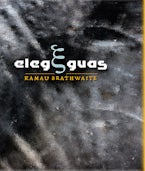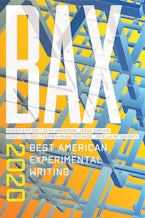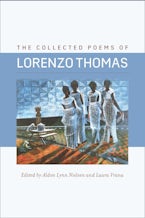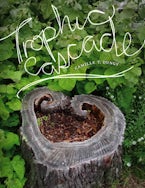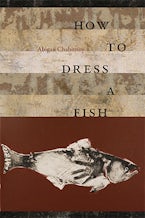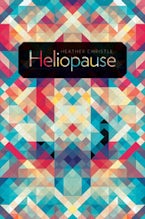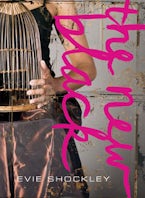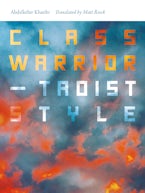- Home
- poetry
- political science
- history
- The Bosnia Elegies
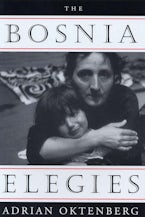
The Bosnia Elegies
Sales Date: 1997-01-01
64 Pages, 6.00 x 9.00 in
Adrian Oktenberg breaks the media-induced numbness of war and makes it impossible to resist or deny the genocide in Bosnia
Adrian Oktenberg breaks the media-induced numbness that surrounded the war in the Balkans, and makes it impossible to resist or deny this genocide. Echoing the voices of Charlotte Delbo, Walt Whitman, Cavafy, Tory Dent, Carolyn Forche, and many others, this collection presents the duality of the brutalities and experiences of war beside life in an American landscape marked with the ripening tomatoes of summer and news of devastation in foreign cities with unpronounceable names.
"A staggering work that, through the adept merging of journalistic and poetic styles, succeeds in conveying the vastness and complexity of Yugoslavia's dissolution, both on a national and a personal level. The loss of a loved one, of a voice, of a personal history–these come together to form the collective loss of a moribund nation, and Oktenberg fearlessly and gracefully expresses this by imbedding in the very structure of her lines the patterning of loss and the visual representation of separations as they are coming into existence.... [Oktenberg] lays the map of a fractured nation like a transparency over broken communities and the individuals composing those communities. This kind of imagery essentially prohibits readers from maintaining an indifferent perspective, bringing them so close to the genocide that it can no longer remain a distant and vague outline of tragedy."
~Tin House
""An important and heartbreaking book of poems.""
~Lambda Book Report
""The critic Helen Vendler, in her essay on Adrienne Rich... wrote that 'the value of Rich's poems, ethically speaking, is that they have continued to press against insoluble questions of suffering, evil, love, justice and patriotism.' Oktenberg takes up and continues this legacy, and her project is ambitious. For she is describing genocide, not one remembered but the one currently going on. I hope teachers will discover this book and use it. Paris Press's design and layout of this book is impressively elegant, befitting the elegiac tone. The press bills itself as producing "daring and beautiful feminist books," and this is one of them.""
~The Iowa Review
""A staggering work that, through the adept merging of journalistic and poetic styles, succeeds in conveying the vastness and complexity of Yugoslavia's dissolution, both on a national and a personal level. The loss of a loved one, of a voice, of a personal history–these come together to form the collective loss of a moribund nation, and Oktenberg fearlessly and gracefully expresses this by imbedding in the very structure of her lines the patterning of loss and the visual representation of separations as they are coming into existence.... [Oktenberg] lays the map of a fractured nation like a transparency over broken communities and the individuals composing those communities. This kind of imagery essentially prohibits readers from maintaining an indifferent perspective, bringing them so close to the genocide that it can no longer remain a distant and vague outline of tragedy.""
~Tin House
""Oktenberg tears down our defences and forces us to confront the terrible human realities of the "minor" war in Bosnia. Her breathless poems seem almost without craft yet are, in fact, painstakingly achieved; not a word in them is wasted. Together, they constitute an an artifact that is as important a human document as a poetic one.""
~Booklist

